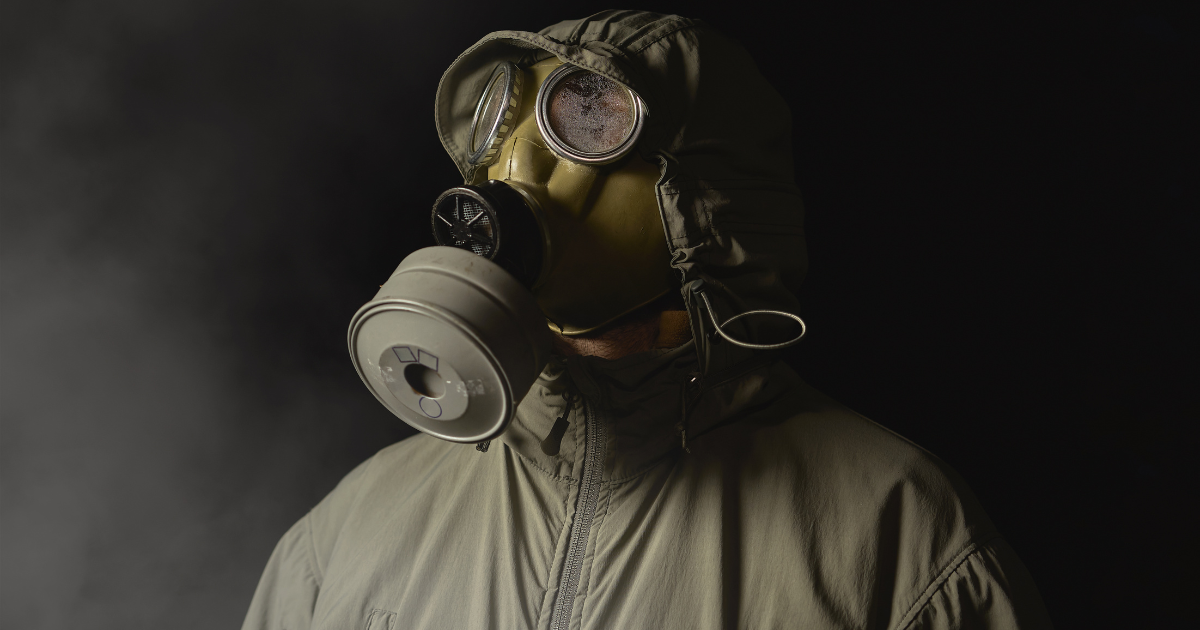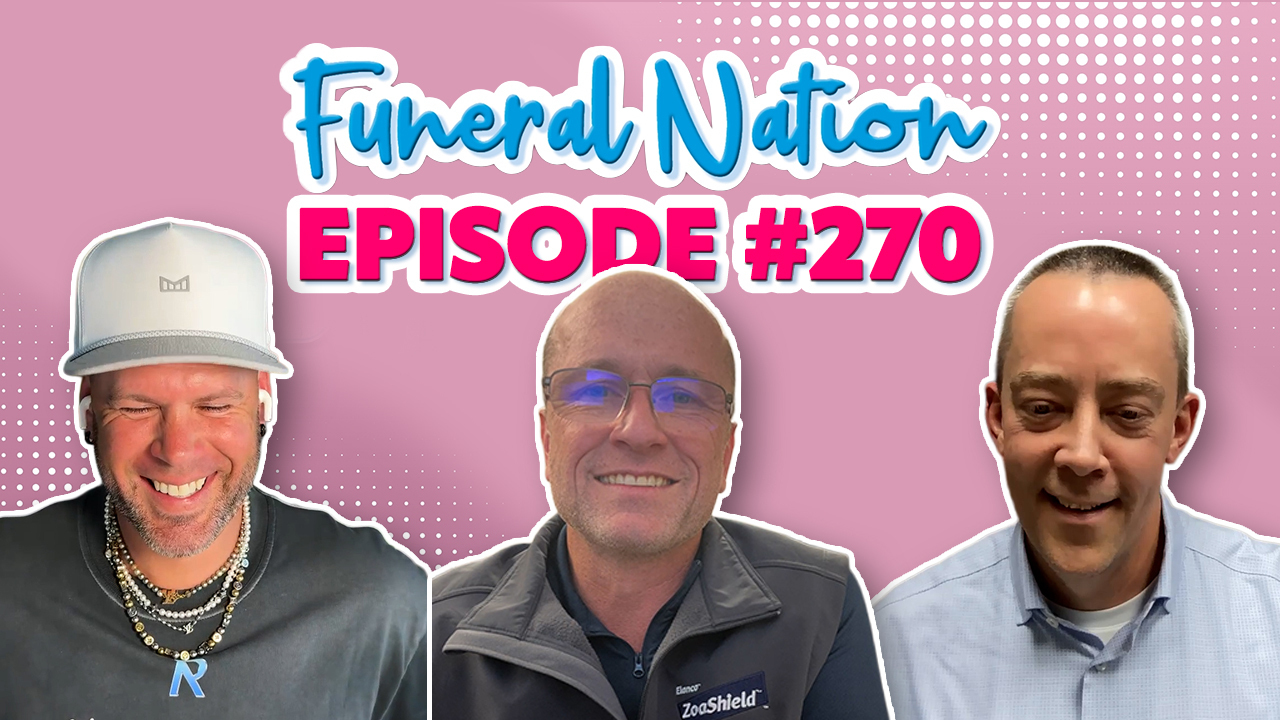Is Your Workplace Culture Toxic? Here’s How to Find Out — and How to Fix It
It’s a well-known fact that deathcare professionals are some of the kindest and most compassionate people on the planet. You could not possibly do what you do and deal with what you deal with if you weren’t. One might imagine that a workplace full of such exceptional people would be quite harmonious, stressless, and problem-free. However, for years, Connecting Directors readers have consistently listed “dealing with difficult coworkers and/or employees” as a top-rated ongoing workplace issue or their least favorite part of the job in our annual deathcare surveys.
Sometimes, these work environments go beyond unpleasantness. When a workplace culture is truly out of control, it can become what’s known in the human resources world as “toxic.” According to the American Psychological Association, a toxic workplace is “an abstract term to describe infighting, intimidation, and other affronts that harm productivity.” This could be instigated by a bad supervisor, an unhappy employee, or rules or behavior encouraged by nameless executives. And, based on the responses to a 2024 Reddit post, funeral homes aren’t immune.
Do you know that you’re toxic?
“This industry can take ‘toxic work environment’ to a new level,” said one Redditor in response to the question “Why do we treat coworkers so poorly in this profession?” on the Ask a Funeral Director subReddit. Others offered their own answers:
- “Ego. Bitterness. Lack of professional mobility. Human nature. Venting frustration. Take your pick.”
- “There is also a lot of ‘well that’s how I was treated’ attitude. It wasn’t right when it was done to you and passing it forward makes you a big part of the problem.”
- “From the bottom up 90% of them treated their colleagues like wanting to be paid for the work you do is ‘uppity.’”
- “People that have only ever worked for family often lack the perspective of a typical workplace environment and how employees should be treated.”
- “Funeral directors are not trained to be managers, yet they fill the role.”
Some of the same characteristics that make someone an incredible funeral director (e.g. empathy) can make them a terrible manager or coworker. And some of the attributes that endear a community to a funeral home (e.g. family-owned) can be the source of workplace issues.
Indications of issues
Is your deathcare workplace toxic? If you’re not sure, here are a few issues you might recognize:
Other indicators are that employees are scared to speak up about issues, their hard work isn’t acknowledged or appreciated, or there’s a lack of transparency — they aren’t told why a decision or change is being made.
Areas of focus and how to take action
Recognizing the symptoms of a toxic workplace is important, but even more crucial is finding the root causes of the issues and implementing a cure. Because these cultures are becoming more and more prevalent across all sorts of industries, plenty of business, human resources, and mental health experts are offering advice on fixing these problems — and they can definitely work within your deathcare space.
Tools to temper toxicity
Here are some specific, concrete suggestions that could be easily implemented:
- Use a feedback tool like Officevibe or the anonymous options in SurveyMonkey to encourage and gather candid feedback on your firm’s management and culture.
- Review your formal workplace policies — or establish some — and share them openly with your team.
- Encourage employees (especially managers) to treat their coworkers like they treat the families they serve — with empathy, emotional intelligence, and active listening.
- Tell someone when they do a good job — either formally with a recognition or reward system or with just a simple word of thanks.
- Sincerely explore opportunities for flexible schedules, wellness and mental health programs, and other options to prevent burnout.
- Address employee issues immediately and consistently, documenting and filing all conversations, counseling, or disciplinary actions. If toxicity persists beyond control, prioritizing your mental health and seeking a better environment may be the best option.
There are some cultures that are so toxic, they can’t be fixed, and the healthiest option, sadly, is to find another place of employment. However, in an industry that prides itself on compassion, honor, ethics, and the celebration of human life, it’s definitely worth a try to address issues, reduce toxicity, and make your funeral home a place your employees can truly feel free to do their best work.




